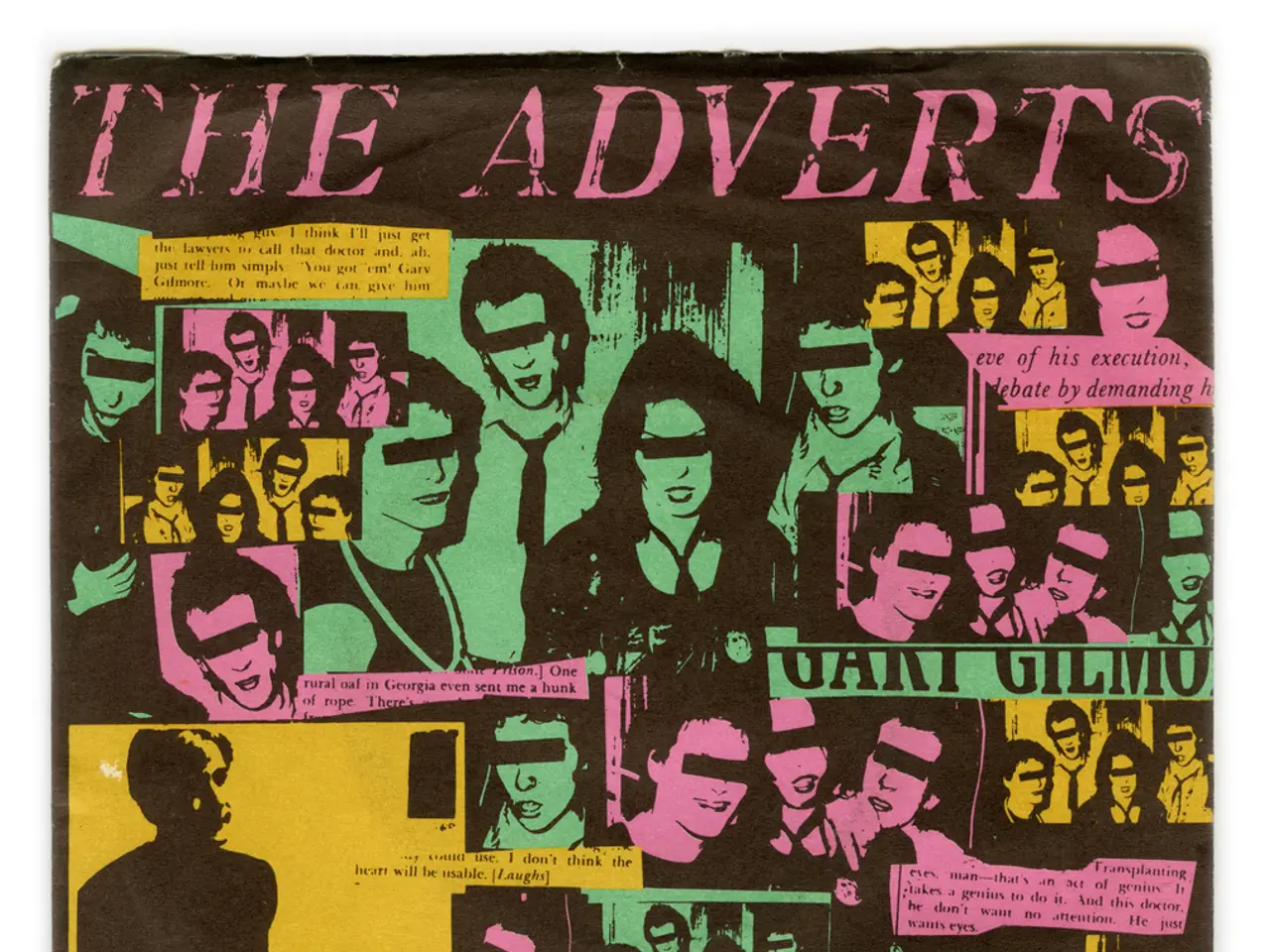"Environmental Racism Discourse with Rachel Cargle: Sharing Insights on Education and Awareness"
Rachel Cargle, a writer, educator, philanthropist, and scholar, is making waves in the intersection of race and the environment. As a contributing editor at Atmos magazine, she curates a monthly series that delves into this critical nexus.
Cargle's work is rooted in the Loveland Foundation, an organisation dedicated to supporting Black women and girls, recognising their pivotal role as the foundation of many Black communities. Her project, the Great Unlearn, features scholars of colour discussing their expertise on a variety of topics.
One of her most notable initiatives is an Instagram series that offers prompts on environmentalism from an anti-racist and socially just perspective. This series has reached nearly 2 million people, inviting Black scholars and Black queer scholars to present their work.
Cargle's conversations on Instagram have been instrumental in helping both Black and non-Black audience members recognise the role of Black people in environmental history. For Black people, her discussions offer a moment of self-understanding and self-possibility, showcasing their presence in various environmental activities.
The necessity of acknowledging the role of Indigenous communities in conversations about race and environment is another key aspect of Cargle's work. She emphasises that these communities, who are often on stolen land, must be included in these discussions.
Cargle's approach challenges traditional environmentalism by calling for solidarity that explicitly includes trans and queer people and confronting systemic oppression at its roots, including white supremacy and capitalist patriarchy. She believes that understanding the landscape of systemic racism is essential for dismantling it.
Moreover, Cargle acknowledges the need for mental healthcare in the Black community, particularly due to the subconscious layer of experiencing racism in the world's geography and natural environment. Investing in the mental and emotional health of Black women, she believes, can create a ripple effect in other communities.
In 2019, Cargle appeared on Red Table Talk discussing white privilege. She has also written a cover story for Atmos Volume 04: Cascade on Black cowboys. Her Instagram series during Black History Month encourages followers to educate themselves.
Cargle's work underscores the importance of integrating environmental justice into efforts to dismantle systemic racism. She critiques environmental efforts that fail to address racial justice as incomplete, stressing the need to consider all pillars of justice, including fighting environmental racism and centering marginalized communities in these struggles.
[1] Environmental Justice and Intersectionality: A Synthesis of Social Movements, Rachel Cargle, Atmos Volume 04: Cascade [2] The Intersection of Race and the Environment, Rachel Cargle, TEDx Talk, 2019 [3] The Great Unlearn, Rachel Cargle, personal project [4] Black Women and the Environment, Rachel Cargle, Atmos magazine [5] Healing Justice, Rachel Cargle, Atmos magazine
- Rachel Cargle, as a contributing editor at Atmos magazine, curates a monthly series titled "Environmental Justice and Intersectionality," delving into the critical nexus of race and the environment.
- Cargle's personal project, "The Great Unlearn," features scholars of color discussing their expertise on a variety of topics, including environmental science.
- Her Instagram series focuses on environmentalism from an anti-racist and socially just perspective, reaching nearly 2 million people and inviting Black scholars and Black queer scholars to present their work.
- Cargle's work on environmental justice and its intersection with race has been instrumental in helping both Black and non-Black audience members recognize the role of Black people in environmental history.
- In her TEDx Talk, "The Intersection of Race and the Environment," Cargle emphasizes the need to center marginalized communities, like Indigenous communities and Black communities, in conversations about race and the environment.
- Cargle's approach to environmentalism goes beyond traditional methods, calling for solidarity that includes trans and queer people, confronting systemic oppression, and recognizing the importance of education-and-self-development, personal-growth, and mental-healthcare in the Black community.




